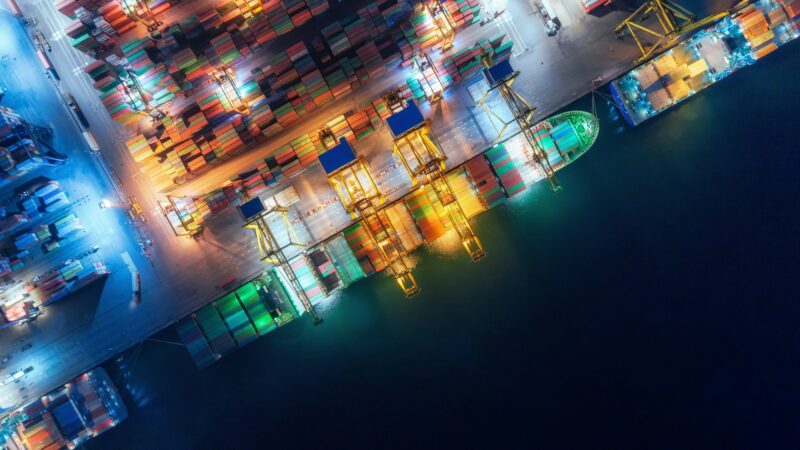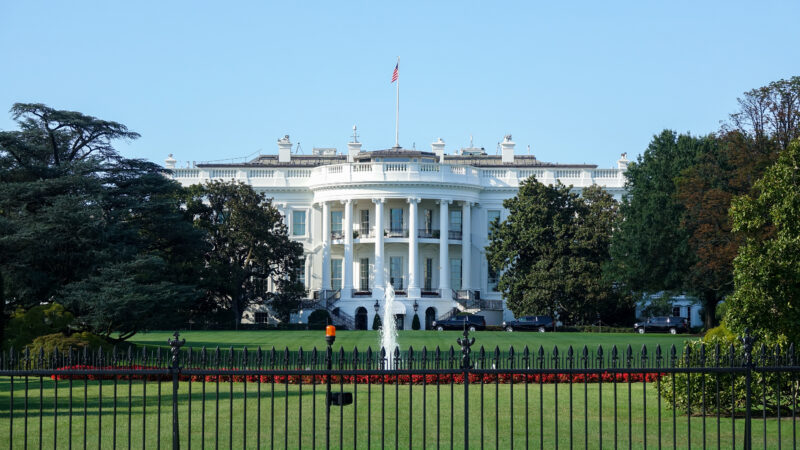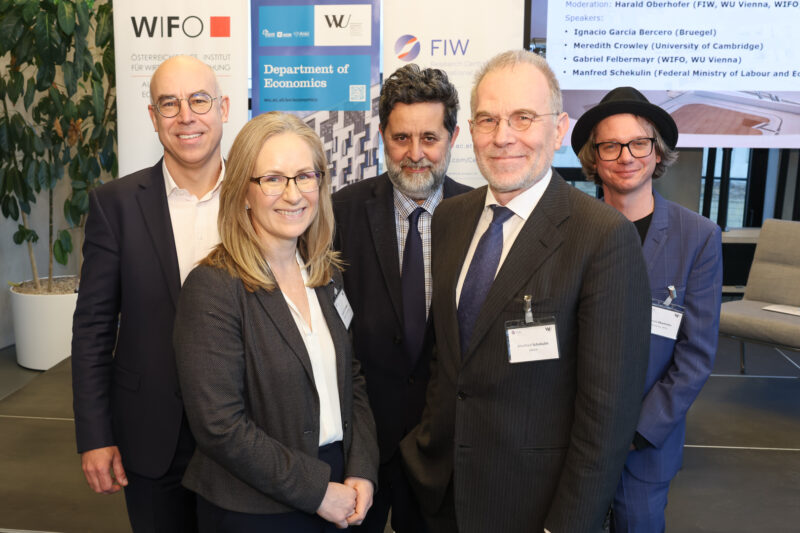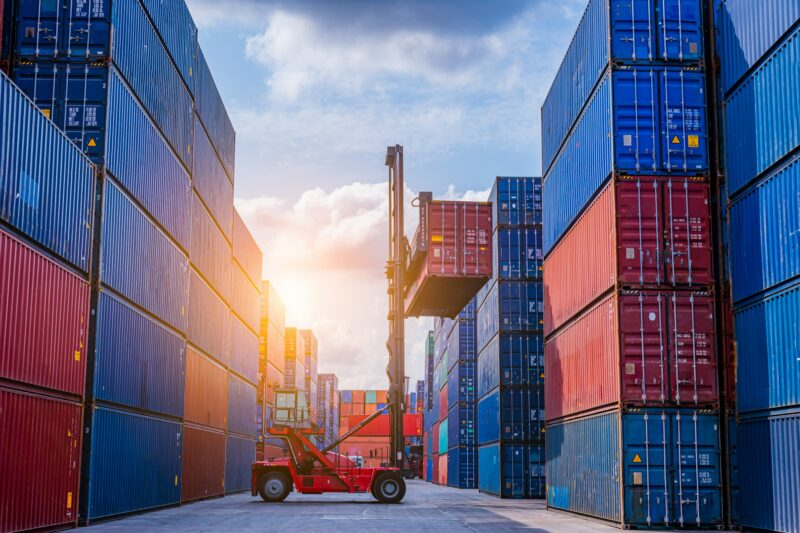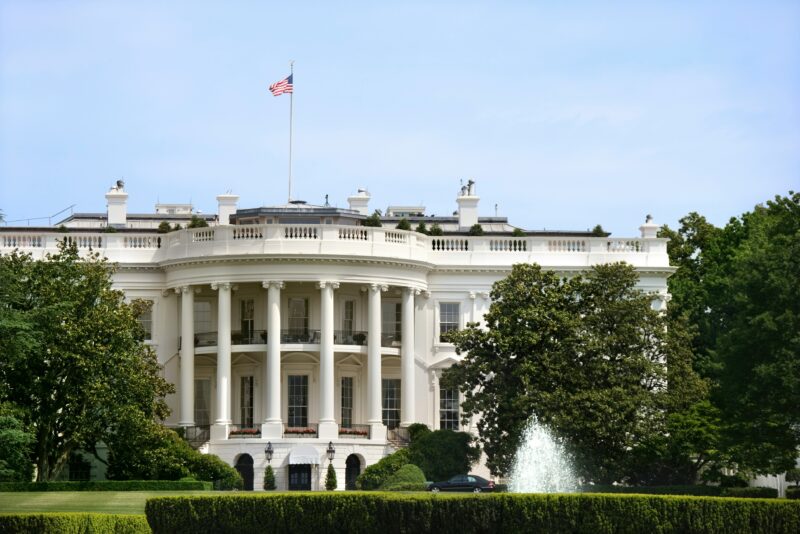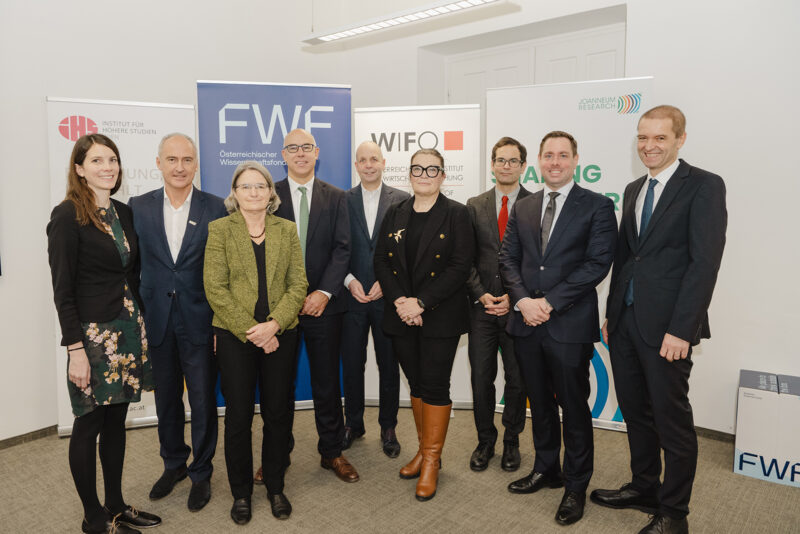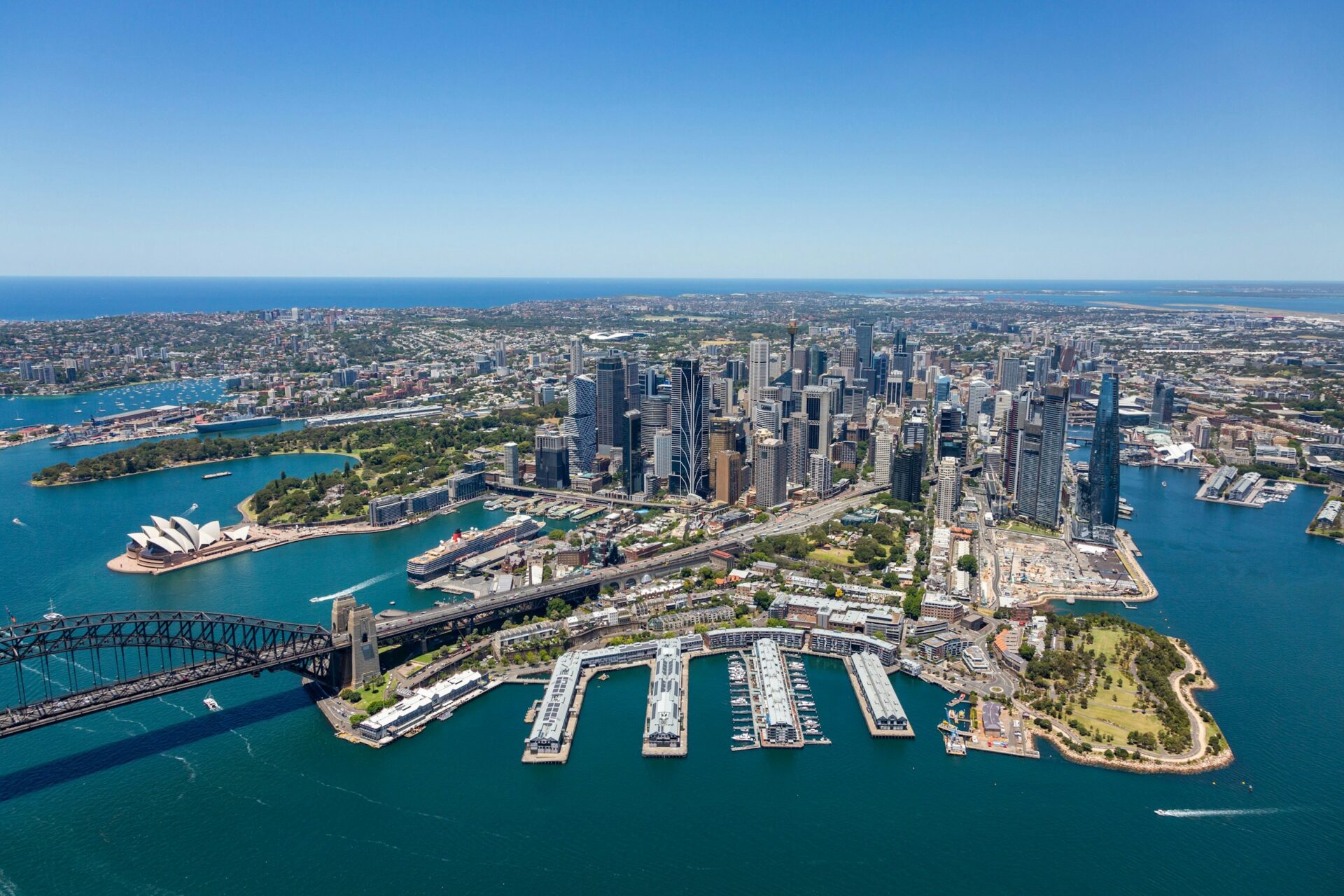
EU Free Trade Agreements with Australia and New Zealand Would Add 142.8 Million € to Austria's GDP
Without agricultural liberalisation, however, the welfare gains are smaller, with large agricultural exporters in the EU in particular tending to be negatively affected. Thus, by concluding free trade agreements without liberalisation in the agricultural sector, the EU forgoes potential welfare gains from increased market access, larger network effects and greater efficiency gains in the agricultural sector itself and in related sectors.
In the face of rising geopolitical tensions and an increasingly protectionist global economy, the EU has reshaped its trade policy. The EU's free trade agreements with Australia and New Zealand play a key role in this respect. This study by Elisabeth Christen and Hendrik Mahlkow shows that these agreements not only provide economic benefits but can also support important geopolitical and strategic goals of the EU. The findings underline the contribution of these trade agreements to strengthening the competitiveness and resilience of the EU economy and expanding the EU's geopolitical position in the Indo-Pacific region.
"The free trade agreements with Australia and New Zealand are not only an economic but also a geopolitical instrument for positioning the EU in an increasingly multipolar world economy", says WIFO economist Elisabeth Christen. They consolidate the EU's position in global trade networks, help to diversify the supply of raw materials, promote the spread of European standards and strengthen the competitiveness and resilience of the European economy.
In addition to the economic benefits, the study also highlights the geopolitical implications of the free trade agreements. "Although the economic effects of these free trade agreements appear marginal, the EU could reduce its dependence on China, deepen trade relations with democratic partners and enforce common trade rules by concluding the free trade agreement with New Zealand and resuming advanced negotiations with Australia", says WIFO economist Hendrik Mahlkow.
"For Austria, as an export‑oriented economy, these agreements are of particular importance as they secure access to international markets and thus promote economic growth and employment. The EU should therefore continue negotiations with Australia and fully exploit the geopolitical opportunities offered by these two partnerships in the Indo-Pacific region in order to strengthen its long-term competitiveness and strategic autonomy. This is particularly important for the EU in the context of China's growing economic supremacy in this region, partly due to the Regional Comprehensive Economic Partnership Agreement", says Christen.
"Australia and New Zealand play a key role in securing access to strategic and critical raw materials that are central to the EU's green transformation, such as lithium and cobalt. These strategic partnerships beyond raw material agreements strengthen the EU's resilience to geopolitical uncertainties and secure the supply of key raw materials", says Christen.
However, the negotiations with Australia also illustrate the challenges of the EU's new trade policy, in which non‑trade objectives are increasingly at the centre of trade agreements, in particular with regard to the strategic interest in diversifying trade links and ensuring security of supply for (critical) raw materials. Complex interests, such as access to the European agricultural market in exchange for access to Australian raw material markets, complicate reaching an agreement. Although the economic benefits of a free trade agreement outweigh the disadvantages, the conflicts of interest in these strategic negotiating positions harbour the risk of jeopardising a successful conclusion.
About the study
The study was commissioned by the Federal Ministry for Labour and Economy (BMAW) and uses the KITE model, a general equilibrium model of the world economy, to quantitatively assess the impact of the free trade agreements on the EU, Austria, New Zealand and Australia.









